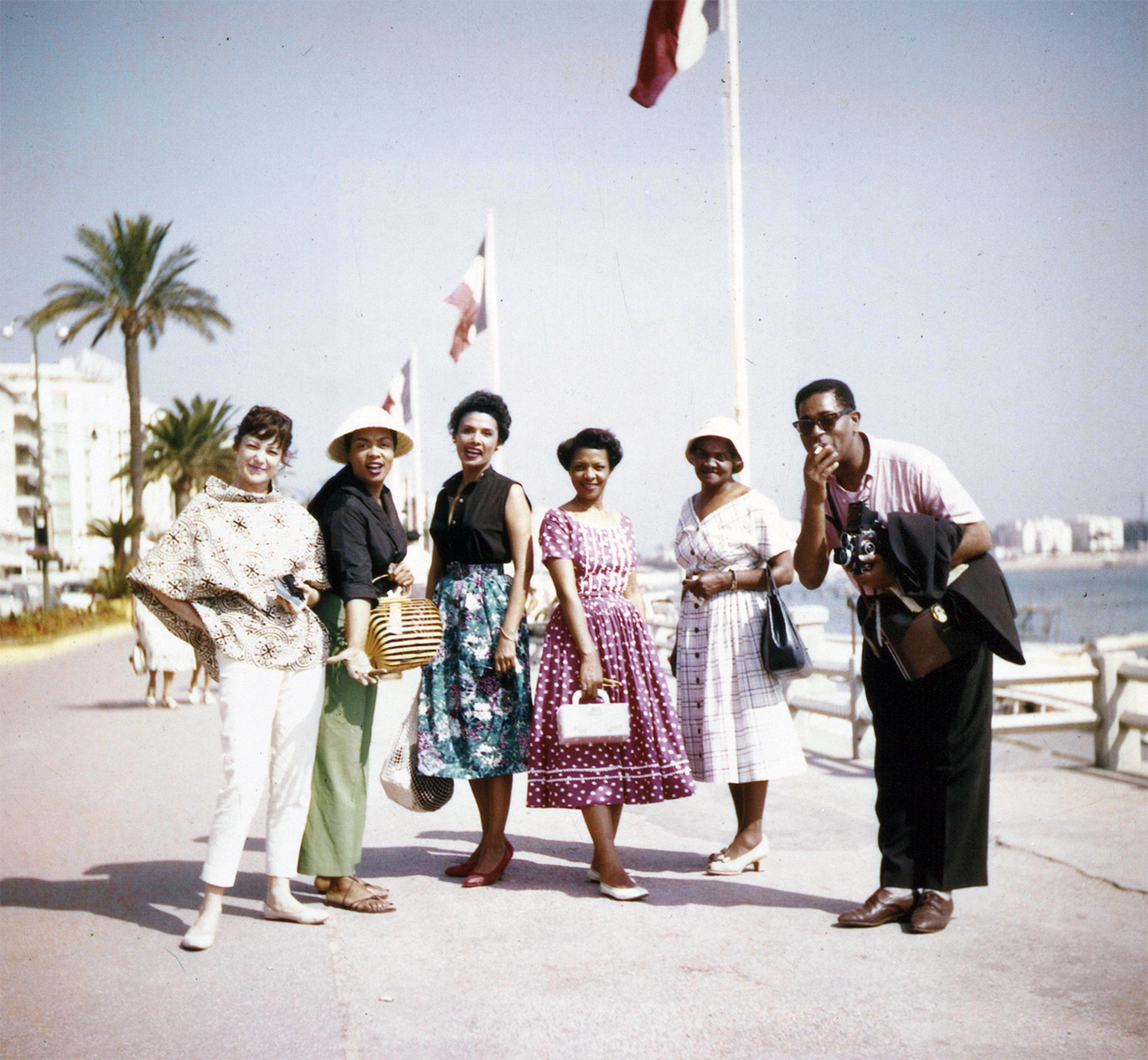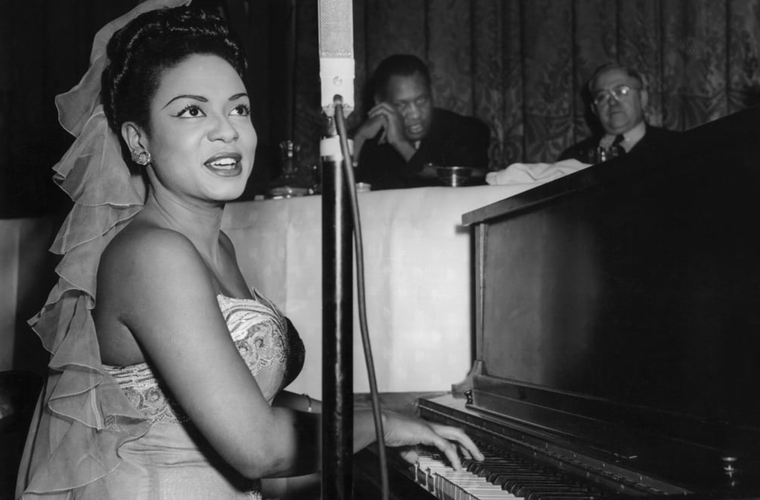Hazel Scott was a trailblazing jazz pianist, singer, and actress who made a name for herself in the entertainment industry during the mid-20th century. Born in Trinidad and Tobago in 1920, Scott moved to New York City with her mother at a young age and quickly discovered her love for music. She began playing piano at the age of three and went on to become one of the most talented and influential jazz musicians of her time. Scott’s career took off in the 1940s when she became a regular performer at the famous Cafe Society nightclub in Greenwich Village. Her unique blend of classical music and jazz improvisation made her a hit with audiences, and she soon became one of the most sought-after performers in New York City. In 1943, she made her film debut in the musical comedy “The Heat’s On” and went on to appear in several other films throughout the decade.
Despite her success, Scott faced significant challenges as a black woman in the entertainment industry. She often had to fight for equal pay and treatment, and she refused to perform in segregated venues or participate in racist films. Her activism extended beyond the entertainment industry as well; she was a vocal supporter of the civil rights movement and used her platform to speak out against discrimination and injustice.












In 1950, Scott became the first black person to host her own television show, “The Hazel Scott Show,” which aired on the DuMont network. The show was a groundbreaking achievement for Scott, who used it as a platform to showcase her musical talents and advocate for social justice. However, her outspokenness and activism drew the attention of anti-communist groups, who accused her of being a communist sympathizer. Scott was eventually blacklisted from the entertainment industry, which effectively ended her career in the United States.
Despite the challenges she faced, Hazel Scott’s legacy as a pioneering musician and civil rights activist continues to inspire generations. Her innovative approach to jazz music and her unwavering commitment to social justice paved the way for future generations of black artists and activists. Today, she is remembered as a true trailblazer who used her talent and platform to make a difference in the world.


